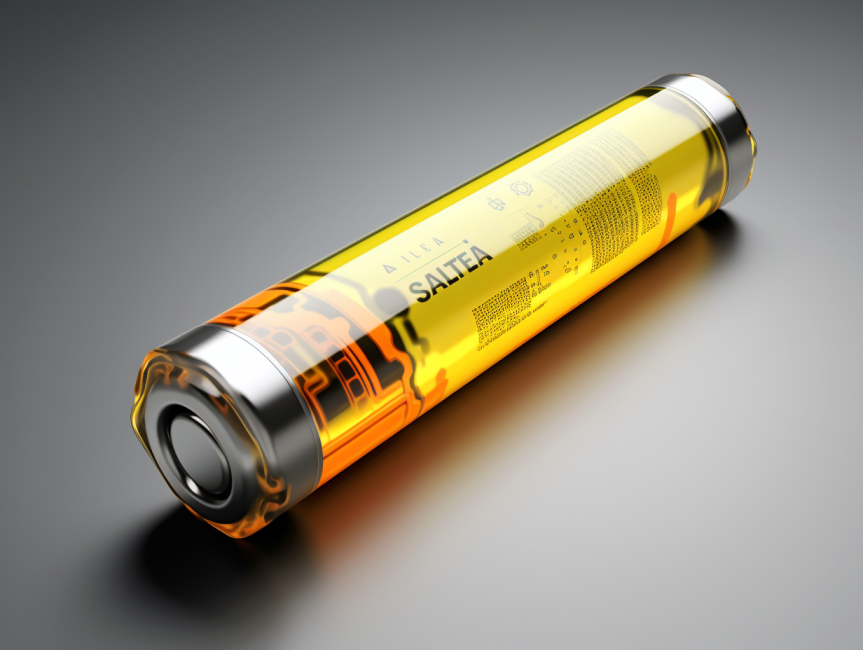
Lithium Sulfur Polymer coated Battery
Lithium-sulfur polymer-coated batteries innovate rechargeable energy storage, blending high-density lithium-sulfur chemistry with polymer tech. This battery tech has lithium as the anode and sulfur as the cathode, with polymer coatings on the cathode. These coatings manage key challenges in lithium-sulfur batteries, stabilizing against sulfur dissolution and enhancing cycle life. They also improve electrical conductivity, optimizing electron flow and enhancing performance. They provide mechanical support, extending battery life and performance under stress. The coatings trap polysulfide species, curbing detrimental effects and ensuring stability. These batteries integrate advanced materials and engineering, promising energy storage with fewer limitations. A polymer coating employs an advanced polymer layer to bolster stability, curtail sulfur electrode dissolution, and augment overall efficacy and lifespan.
→ Lithium metal or lithium foil serves as the anode material owing to its elevated specific capacity and low electrode potential.
→ Sulfur is employed as the cathode material due to its elevated theoretical specific capacity, which can surpass 1,600 mAh/g.
→ Cathode is encapsulated with a polymer layer, serving various roles like stabilizing the electrode/electrolyte interface, reinforcing mechanical strength, and enhancing electrical conductivity.
→ Electrolyte often includes a lithium salt dissolved in a solvent chosen to optimize ionic conductivity and stability. (Salts include: LiPF6 and LiTFSI)
→ Microporous separator (Polyethylene) is utilized to prevent electrical contact between the anode and cathode while facilitating lithium ion transport.
→ They adopt various configurations like pouch cells, cylindrical cells, or prismatic cells, depending on specific application requirements.
→ They offer heightened theoretical energy density, making them attractive for applications requiring lightweight and compact energy storage solutions.
→ Competent polymer coatings contribute to heightened capacity retention over multiple charge-discharge cycles, mitigating capacity degradation and protracting battery longevity.
→ Polymer coating serves to bolster the cycling stability of the battery by impeding sulfur dissolution and the formation of polysulfide intermediates throughout charge and discharge cycles.
→ They provide elevated theoretical energy density, rendering them alluring for applications necessitating lightweight and compact energy storage solutions.